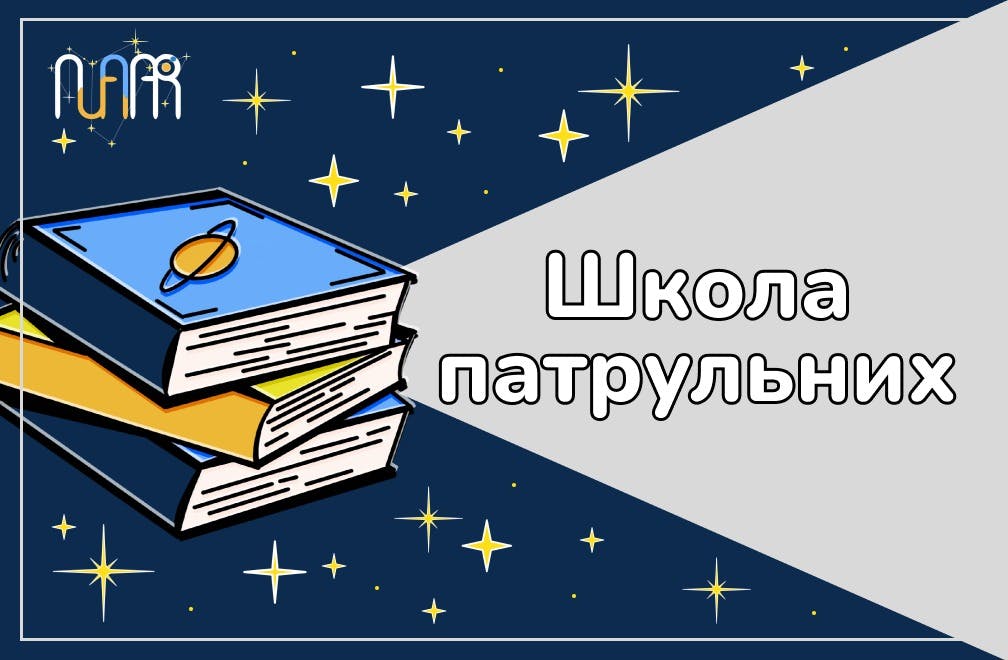School of Reviewers

Some figures
Start date: July 23 (start of preparation), October 1 (start of training)
End date: ∞
Participants: as of December 11, 2023 – 12 Wikipedia users
Project goal and tasks
The goal is to improve the quality of the work of existing and future reviewers in the Ukrainian Wikipedia and optimize the work of reviewers by automating and eliminating the need for them to do extra work.
Tasks:
Creation of the “School” concept and development of the training program.
Creation of educational literature.
Recruitment of an experienced reviewers team who will be mentors.
Recruitment and training of the first group of 8-12 participants to test the system.
Analysis of problems revealed during the first group's training and their further correction; general improvement and optimization of the “School”.
Analysis of Wikipedia's active members' contributions. Search for those whose contributions meet the reviewing requirements, and assist in granting them the rights of autoreviewers or reviewers.
Tasks # 1-4 – completed, # 5, 6 – in progress.
Key organisers and project executors
Organisers: Wikimedia Ukraine, Dmytro Tvardovskyi, Viktoriia Borshchenko.
Executors: Wikipedia administrators under the nicknames 'Віщун', 'Vlasenko D', and 'Kharkivian'.
Project outcomes
The guideline “The Basics of Reviewing in Wikipedia” has been created.
It was possible to recruit the first group of project participants and (not without problems) create a group of three mentors.
2 users have successfully completed their training and awaiting their reviewer's licenses.
Meanwhile, as part of the “Review Optimization” project, 3 users have received reviewer's licenses, and another 4 have received autoreviewer's licenses.
Cool facts
This project is part of a more extensive training system, which will also get extended to include novice Wikipedians.
Project conclusions
The most important thing is that the first step has been taken towards creating a wide, full-fledged educational system in the Ukrainian Wikipedia.
Unlike our first projects, we could objectively assess the expected level of knowledge and skills of the project participants, which contributed to the correct construction of the concept.
However, to bring the school to the expected level of efficiency, it is necessary to improve some components significantly.
Message from the CEO of NUAAR
It is always gratifying to bring positive changes to a large and relatively conservative structure like the Ukrainian Wikipedia. The project has undergone significant system preparation, successfully launched, completed its first iteration and achieved noteworthy results. While the project's concept is undoubtedly successful, the actual implementation stands at a 50/50 evaluation.
On the not-so-good side, the project had a tough start. It turned out to be much harder than expected to find 2-3 mentors from several dozen candidates. Even after enrolling students, there was no actual training happening. To tackle these issues, Viktoriia Borshchenko was chosen as the main organizer and coordinator. Thanks to her hard work and support from 'Kharkivian,' things got on track, leading to the positive results mentioned earlier.
There is still a lot of work and improvement ahead. Here are a few things we can share: the redesign of the project page, the creation of unified presentations on all topics, and the reduction of the workload on students (there will be 2 classes per week instead of 2.5-3). Instead, the number of practical classes will be significantly increased. In addition, we also plan to develop and publish small supplementary educational materials. Finally, we are considering further support for students who have completed their studies and become reviewers.
Related projects
Wikipedia Project: Improving Good and Featured Articles
Wikipedia Project: Addition of Notability Criteria
Review Optimization
